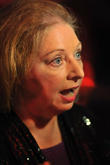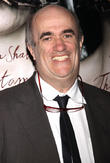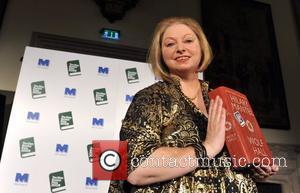Man Booker Prize: Hilary Mantel Expected to Make History, Not Just Write About It
By Michael West on 12 October 2012
Hilary Mantel is battling Will Self as well as four other lesser known writers Jeet Thayil, Alison Moore, Twan Eng and Deborah Levy for the Man Booker Prize, but has this week become the bookies' favourite to win the esteemed literary award.
The Tudors and the entire era surrounding the family have forever been an interest of the British, and even more so over the past fifteen years. In part this is due to their scandalous behaviour but also, largely due to their decisions changing the course of England forever. Henry VIII's 6 wives has always been the crux of primary school history education, but it was also this illustrious leader who rejected the catholic church and founded the Church of England, which has become, over the centuries, one of the biggest and most influential institutions in the country. Plus, his daughter, Elizabeth became a legendary Queen, whose life his been made into two films of great popularity and critical acclaim since 1998.
Thus, Mantel's trilogy about Thomas Cromwell, who rose to power during the life of Henry VIII was bound to be a success. Nevertheless, it is her eloquence, research dedication and ability to bring this history back to a very realistic life which has forged her a permanent place among literary heavy weights, and put her in the position to break records. If she wins this year's Man Booker Prize she will be the first woman ever to win it twice (she won in 2009 for the first in the trilogy Wolf Hall) as well as being the first ever Brit to win it twice. Bring Up the Bodies is up for the award this year and is the second book in her series.
Peter Stothard, who is the chair of the judging panel, said that “The judges noted Mantel's even greater mastery of method now”. Reported on Guardian.com the Mantel's odds for winning, according to bookers William Hill is 3/1, and Will Self's Umbrella trailing at 10/3.
The winner receives £50,000 plus a very important sharp rise in sales. The Independent noted that “Mantel's Wolf Hall... sold 35,900 copies before the [winning the award]and nearly 600,000 afterwards.... The year before, Aravind Adiga's The White Tiger had sold just 5,703 copies before it won the Booker, rising nearly a hundredfold to 551,061 afterwards.”
Contactmusic





